Don't hesitate to send a message
Web Menu
Product Search
Exit Menu
Energy Efficiency and Consumption Analysis of Water Pump Controllers
High Quality Float Pressure Water Pump Controller Company
In the realm of water management, the Water Pump Controller plays a pivotal role in optimizing the performance of water pumps, which are ubiquitous in both residential and industrial settings. The efficiency of these controllers directly impacts the overall energy consumption of the system they manage. This article aims to explore the energy efficiency of Water Pump Controllers and assess their potential for energy savings.

Water Pump Controllers are designed to regulate the operation of pumps based on various parameters such as water level, pressure, and flow rate. By doing so, they ensure that pumps operate only when necessary, which is a fundamental aspect of energy conservation. Traditionally, pumps would run continuously, causing significant energy waste. However, with the advent of modern Water Pump Controllers, this inefficiency has been largely mitigated.
The energy consumption of a Water Pump Controller is influenced by several factors, including the type of controller, the pump it is managing, and the specific application. For instance, a variable frequency drive (VFD) Water Pump Controller can significantly reduce energy consumption by adjusting the speed of the pump to match the system's demand. This is in contrast to a simple on-off controller, which can only switch the pump completely on or off, causing inefficiencies when the demand fluctuates.
Moreover, the integration of smart technologies into Water Pump Controllers has further enhanced their energy-saving capabilities. These smart controllers can monitor and analyze data in real time, making adjustments to the pump's operation to optimize energy use. For example, a smart Water Pump Controller might detect a drop in water pressure and adjust the pump speed accordingly, rather than maintaining a constant, high-speed operation.
The energy efficiency of a Water Pump Controller is also dependent on its compatibility with the pump it controls. A well-matched controller and pump can work in harmony, ensuring that the pump operates at its efficient point. This is particularly important in systems where the water demand varies throughout the day, as the controller can adjust the pump's operation to match these fluctuations, thereby saving energy.
In terms of energy savings, Water Pump Controllers equipped with energy recovery systems can capture and reuse energy that would otherwise be wasted. This is especially relevant in systems where pumps are frequently started and stopped, as the energy used to accelerate the pump can be substantial. By recovering this energy, Water Pump Controllers can contribute to significant energy savings.
However, it is important to note that the energy consumption of a Water Pump Controller itself is relatively low compared to the energy consumption of the pump it controls. Therefore, while the controller's efficiency is important, the focus should primarily be on how it manages the pump to achieve overall system efficiency.
In conclusion, Water Pump Controllers are integral to the energy efficiency of water systems. By regulating pump operation based on demand, they prevent unnecessary energy consumption. The incorporation of smart technologies and energy recovery systems further enhances their energy-saving potential. As technology continues to advance, the development of more efficient Water Pump Controllers will play a crucial role in reducing the energy footprint of water management systems worldwide.
-
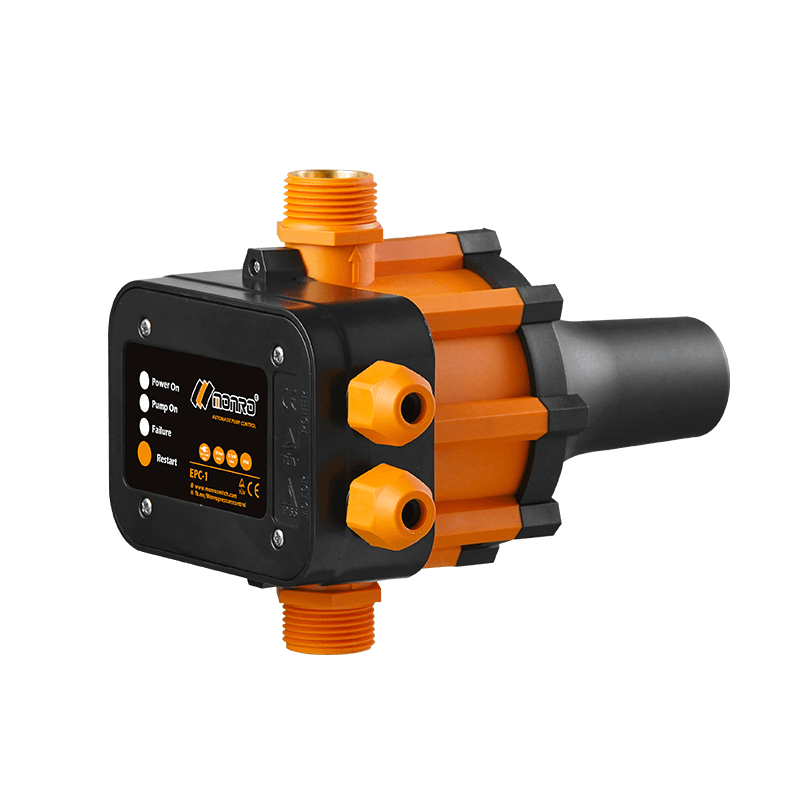 EPC-1
EPC-1Monro EPC-1 model pump controller is the classic and basic type, was loved by user in the global mar...
-
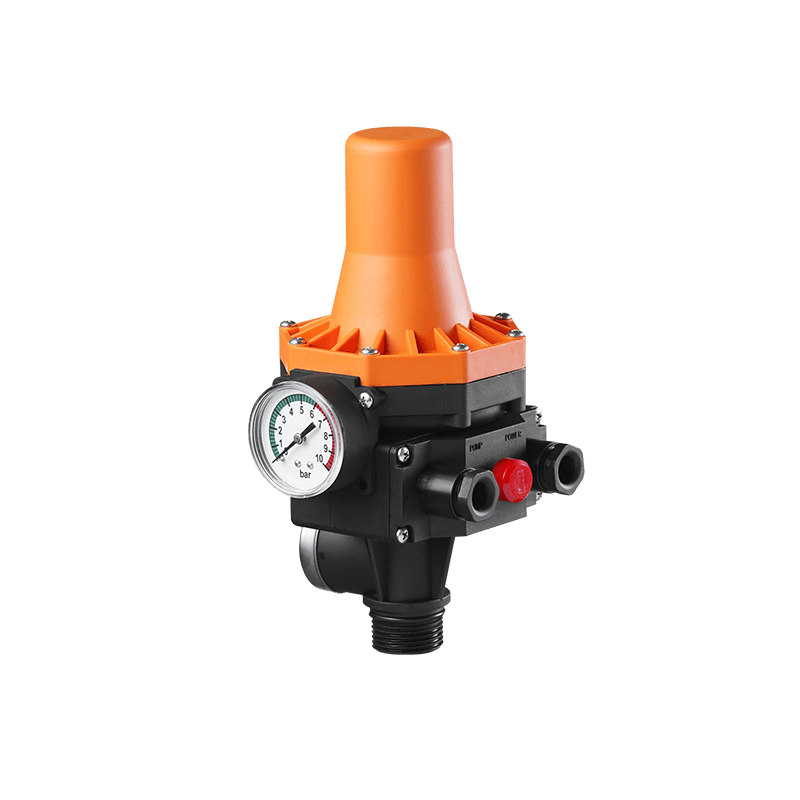 EPC-3
EPC-3Monro EPC-3 spain design auto on and off press control, an intelligent and economical system designe...
-
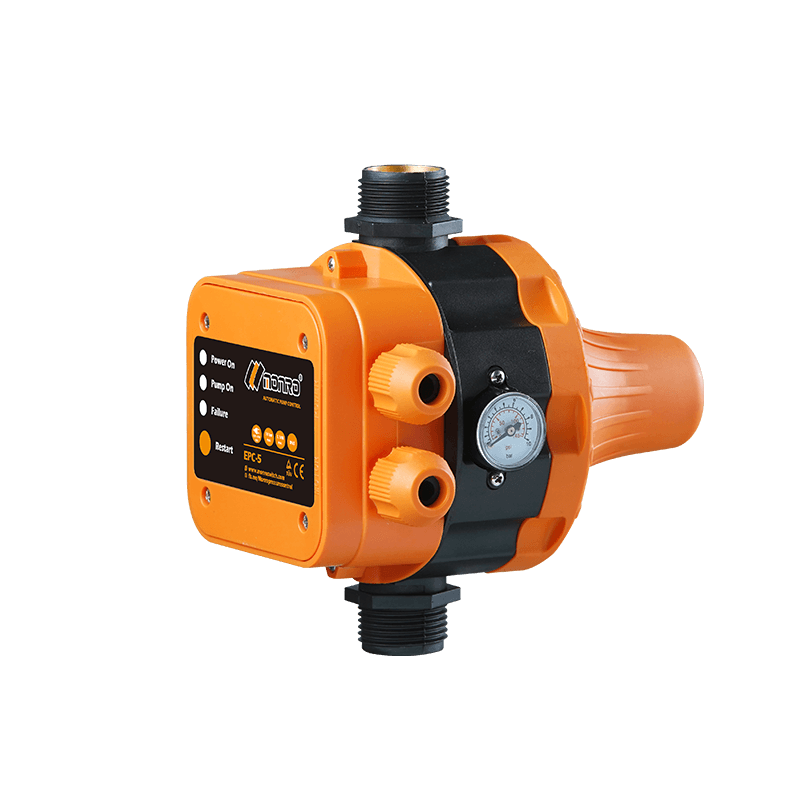 EPC-5
EPC-5Monro EPC-5 model automatic pump control, a device which assembled on the water pump (recommended si...
-
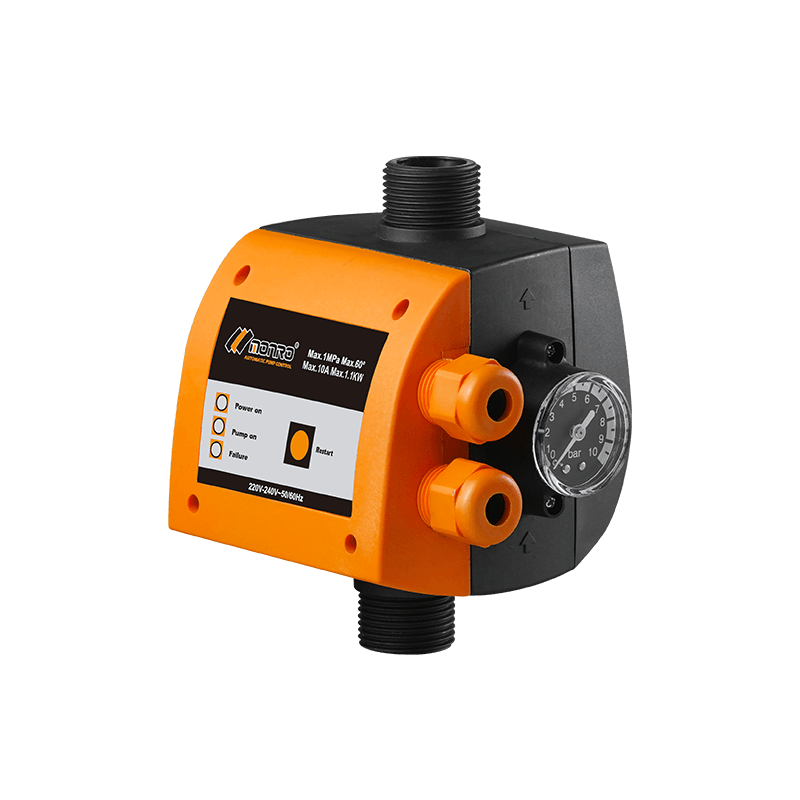 EPC-9
EPC-9Monro EPC-9 model pressure controller, is a big power device for automatic control and protection of...
-
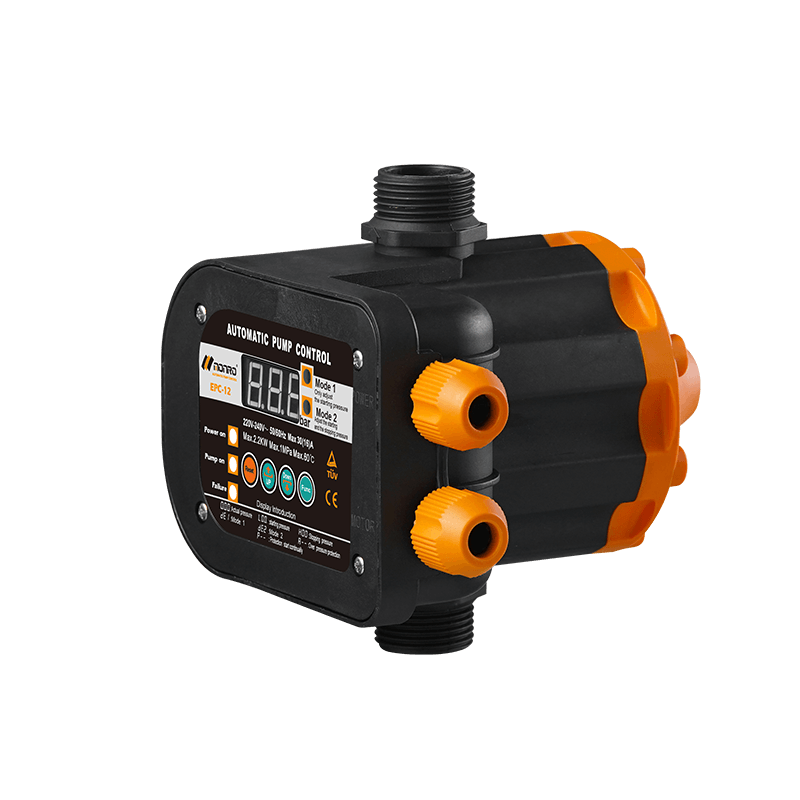 EPC-12
EPC-12Monro EPC-12 smart top-level automatic pump control is a multi-function model combined with traditio...
-
 EPC-14
EPC-14Monro EPC-14 model pressure control is a big power device for automatic control and protection of el...
-
 EPC-15
EPC-15Monro EPC-15 model automatic pump control, a device which assembled on the water pump (recommended s...
-
 EPC-16
EPC-16EPC-16 is the new patent pump controller by Monro. Its key highlight is tooless (manual knob) start...
find our office
Committed to providing professional pressure control solutions for various types of water pumps and air compressors.

 简体中文
简体中文 English
English Español
Español

